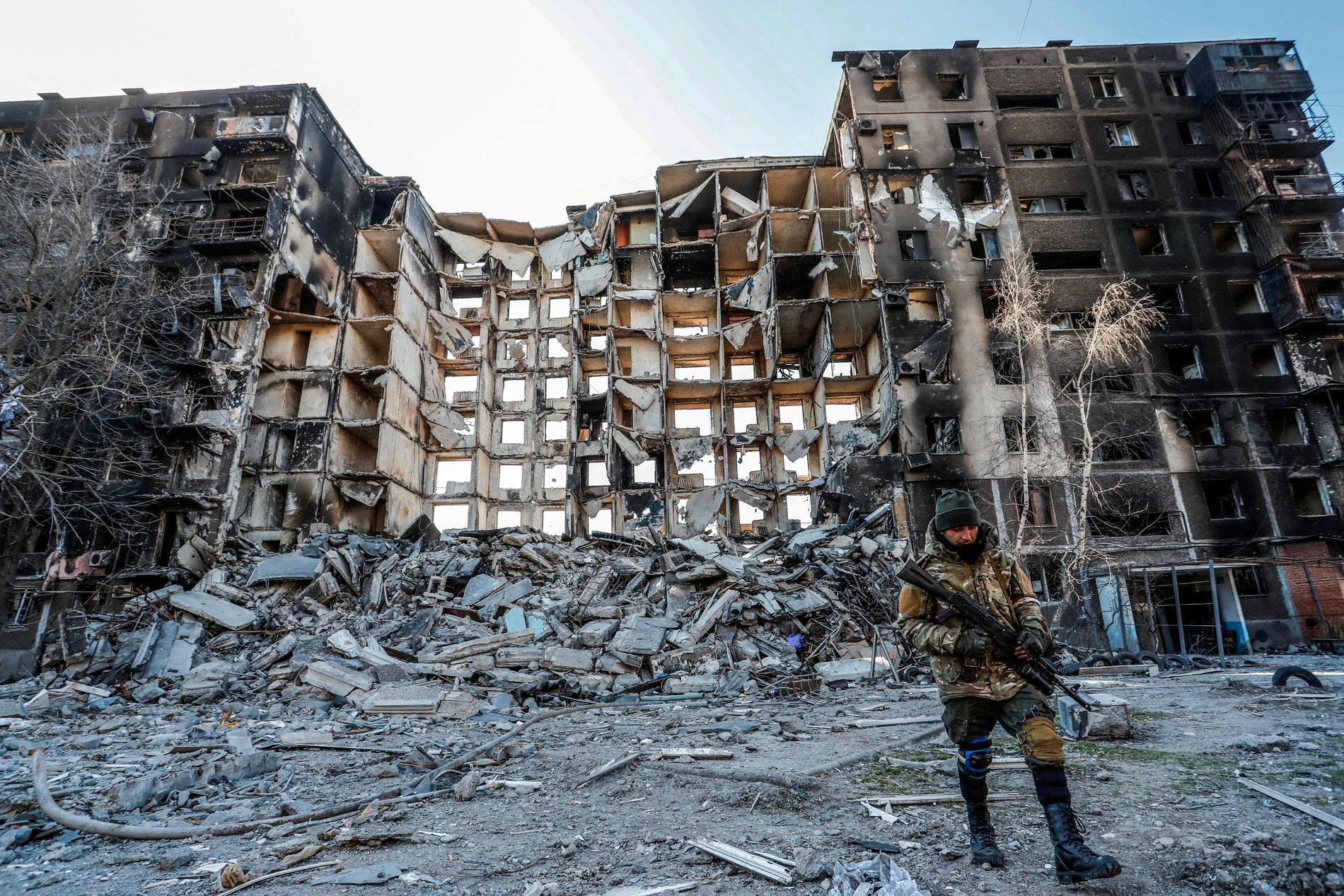After Strauss’ Ariane à Naxos starring Lise Davidsen, the Metropolitan Opera House in New York presents “Don Carlos” by Verdi in a new staging by David McVicar, conducted by Patrick Furrer.
The series of live broadcasts continues with Don Carlos by Verdi offered for the first time at the Met in a French version and in five acts. As is the tradition of these shows, an artist (in this case the soprano Ailyn Pérez) presents the evening and accompanies the spectators through small interviews behind the scenes. This production by David McVicar composes a general dark and oppressive atmosphere among grandiose sets (designed by Charles Edwards): the main structure represents the depths of a catacomb. Large stone walls draw a long corridor with several platforms in the foreground, the whole presenting with dynamism the scenes of oppressive and fatal actions but also the softer and contemplative passages. The artists evolve towards drama with an involved direction of play and in the sumptuous costumes (imagined by Brigitte Reiffenstuel) colorful and meticulously detailed, all harmoniously brought to light by Adam Silverman.
The Music Director of the Metropolitan Opera, Yannick Nézet-Séguin, ailing, is replaced by Patrick Furrer, who shakes the walls of cinemas with the deep musical tension of the score. In the title role, tenor Matthew Polenzani is reserved at first, notably alone. Nuances and sentence endings are not fully checked, especially accuracy. The tenor however gains in application and musicality, notably through his phrasing, which is both more theatrical and relaxed. The ensembles encouraging him to give more, they leave him and receive from him even greater freedom.
Queen Elisabeth of Valois is intensely embodied by soprano Sonya Yoncheva, between love and royal duty condemning her to eternal pain. Plaintive and icy at the same time, she expresses her immense distress with an oxymoron: between her stage stoicism and her vocal generosity. The rich tone is supported by the lows and mids. Despite some rigidity in the vocalizations, it rushes towards projected and biting highs.
Mezzo-soprano Jamie Barton also garnered a standing ovation from the audience as Princess Eboli, for her sparkling and natural stage acting. His dark and cavernous voice is also distinguished by its round bass and its brightly stamped clear highs (proclaiming all the fury of his anger in his aria “O Don Fatal”, while revealing his injured eye, the mark of an accident of fencing as a child).
Baritone Étienne Dupuis’ Rodrigue captivates the screen with his presence, his playing and his solid singing. The abundant vocal material is exploited without reserve, until the sacrifice for Don Carlos. The sad King Philip II has the solemn and majestic tone of bass-baritone Eric Owens, who reveals the character of his character little by little, through minimalist but effective gestures and phrasing. The feelings burst all the better in the famous “She does not love me”.
The role of the Grand Inquisitor is played by the bass John Relyea with his deep material, highlighted by his phrasing. He warns the King of Spain even in a form of dementia, provocative as well as expressive.
The Metropolitan Opera Chorus and smaller roles assume their duties, exploiting their stage presence as well as their vocal colors.
Once again, the public applauded the show’s high definition, both indoors and in the cinema.
–


